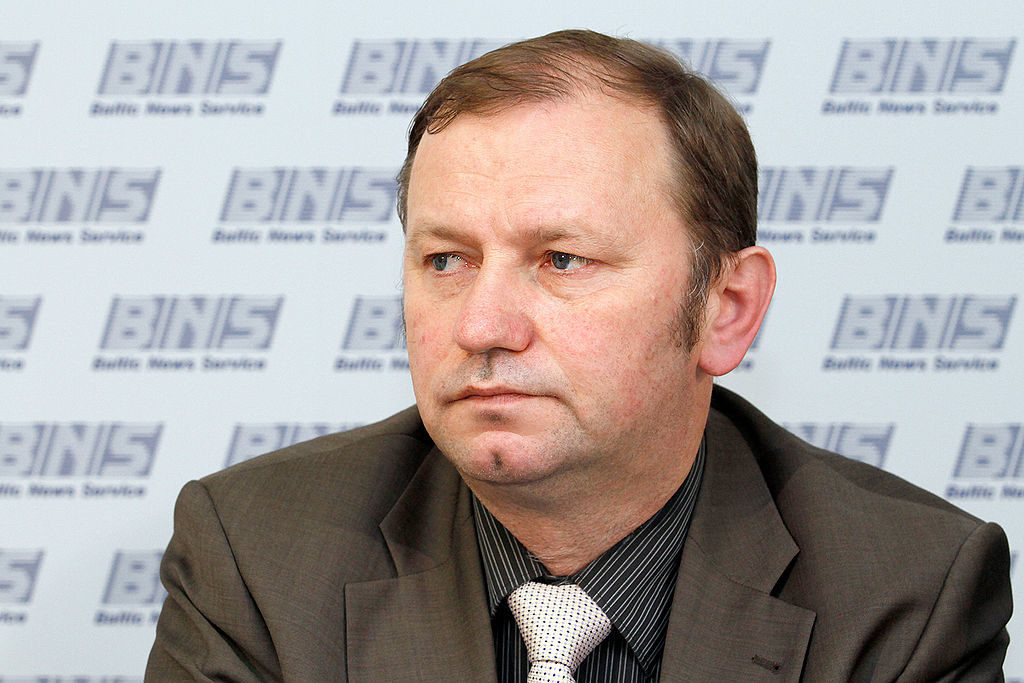On World Health Day, Dainius Pūras, a medical doctor and representative for the Office of the United Nations High Commissioner for Human Rights (OHCHR), issued a statement critiquing biomedical conceptions of depression and calling for psychosocial and political interventions.
“Evidence and the experience of rights-holders now tells us that the dominant biomedical narrative of depression as a ‘burden’ on individuals and societies is shortsighted and insufficient for developing appropriate responses in policy and in practice. This is a widespread and systemic public health and human rights issue which demands urgent reconsideration of how we invest in mental health and how we manage conditions such as depression,” he writes.
“Regrettably, recent decades have been marked with excessive medicalization of mental health and the overuse of biomedical interventions, including in the treatment of depression and suicide prevention. The biased and selective use of research outcomes has negatively influenced mental health policies and services. Important stakeholders, including the general public, rights holders using mental health services, policymakers, medical students, and medical doctors have been misinformed. The use of psychotropic medications as the first line treatment for depression and other conditions is, quite simply, unsupported by the evidence. The excessive use of medications and other biomedical interventions, based on a reductive neurobiological paradigm causes more harm than good, undermines the right to health, and must be abandoned.”
Dainius Pūras has been assigned as Special Rapporteur on the right of everyone to the enjoyment of the highest attainable standard of physical and mental health since June of 2014. He is the Head of the Centre for Child Psychiatry social pediatrics at Vilnius University in Lithuania and also teaches in global health law at Georgetown University.

Read the full statement here →














It is wonderful to learn that our position is represented, once again, on the highest international level.
The second step should be international law amendments completely banning “compulsory treatment” (read: Inquisition-styled torture), with a pressure on all national goverments to ratify them – a kind of “revolution from above”. Without it, a “revolution from below” – a mass rebellion against the psychiatric authority – is inevitable, sooner or later.
Report comment
Agreed. This is largely thanks to the work done by Tina Minkowitz I believe, so props there.
The revolution from below is inevitable anyway, as soon as we decide to make it.
Report comment
Thanks! This is going to be the my next public speaking topic! Isn’t this one big elephant in the room! I’m so glad this is finally being taken up by the UN…….Depression as medical illness being imposed on people……….yup. And that is a crime that has been going on since Prozac came out.
Report comment
Prozac, they were so clever putting Tony Soprano from that TV show on Prozac , the corporate psychopaths in the pharma marketing dept are brilliant, after the pilot was ordered in 1997, the show premiered on the premium cable network HBO in the United States on January 10, 1999, and ran its six seasons with 86 episodes to June 10, 2007…. I just Googled it. Paste paste.
Anthony John “Tony” Soprano is a fictional character and the protagonist in the HBO television ….. Melfi prescribes Prozac as an anti-depressant, telling him that no one needs to suffer from depression with the wonders of modern pharmacology. The series then went through syndication and has been broadcast on A&E in the United States and internationally.
Everyone wants to be just a little gangsta and Tony on TV takes it ! Hey guys I am Prozac like big bad Tony in TV fiction land, taking Prozac is cool !
Report comment
Re: Corporate psychopaths
In his e-mail message, Mr. Lechleiter discusses the use of Zyprexa by children and teenagers.
Mr. Lechleiter, who was then the company’s executive vice president for pharmaceutical products, noted to other Lilly officials that company representatives were already promoting Strattera, a second Lilly psychiatric drug, to pediatricians and child psychiatrists. The representatives could also discuss Zyprexa with such doctors, he said.
“The fact we are now talking to child psychs and peds and others about Strattera means that we must seize the opportunity to expand our work with Zyprexa in this same child-adolescent population,” Mr. Lechleiter wrote in the message.
In the e-mail message, Mr. Lechleiter made several other references to off-label use of Zyprexa. He wrote, “We are losing scripts to Risperdal for treatment of disruptive kids, because Johnson & Johnson has the data and we don’t.”
http://www.nytimes.com/2008/03/15/business/15drug.html?ref=johnclechleiter&_r=0
It would probably take weeks to post all the crimes committed by these cockroaches but that ones a beauty.
Report comment
Depression, anxiety, disobedience, conduct…and treatment? Where would conformity be without the medical profession? I suppose the depression iceberg is a good enough place to start, especially as it is closely related to the medicalization of all these other sorts of deviance and discontent with the status quo.
Report comment